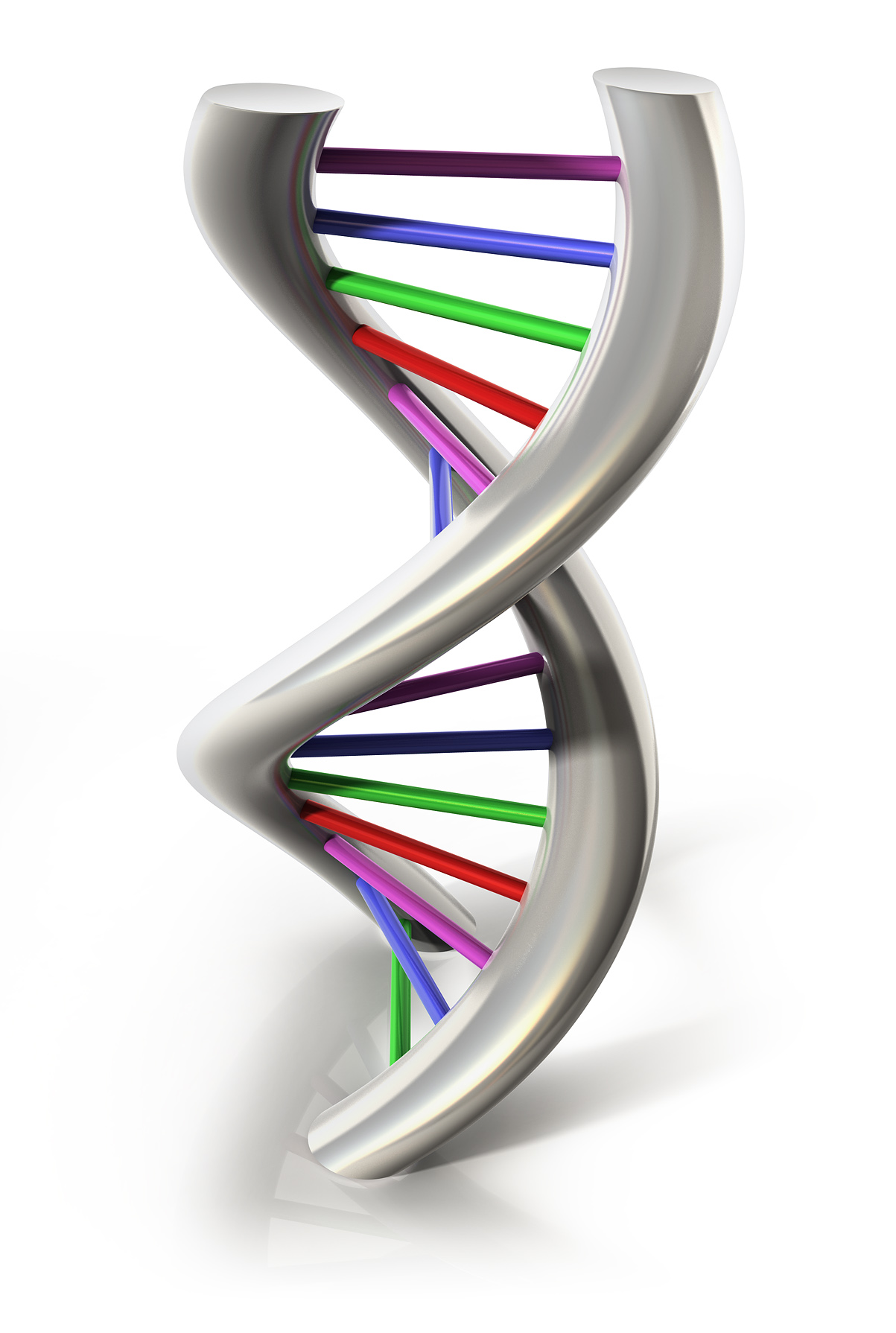
Transhumanism is an exciting movement. For those who have an allergy to technology and have not come across the movement, it is the school of thought that says AI (or at least AGI—Artificial General Intelligence), computing technology, robotics, nanotechnology and biotechnology are going to create a world beyond human comprehension. There will be machines, or rather beings, who surpass us so greatly that we cannot argue or fight back. Think of evolution and competition for niches. As we are creating our own competition, the pros and cons need some consideration.
Attitudes in the transhumanist movement vary. I have no argument with continuing progress in technology. In my view, despite inevitable drawbacks, technology has produced and will go on producing immeasurable benefits for mankind.
But when the movement starts to define or re-define humanness, then we should be wary. For example, shifting from a goal of better treatments for diseases of old age to the idea that ageing is a form of disabling illness crosses an important line. Cheerleaders for the «singularity» idea like Ray Kurzweil suggest that people will live much much longer, if not become immortal. One researcher is offering billionaires the opportunity to have their brains and minds placed inside a robot. A leading spokesman and researcher, Aubrey de Grey, says unequivocally and very publicly that ageing is like malaria: it kills people. Ageing is a process that occurs from the moment we are born. It is not a disease, and it has little in common with malaria. The malarial parasite is not us. Ageing is us. As I see it, the effort to abolish ageing implies abolishing human life as we know it. Perhaps it's a good idea: but that cannot be taken for granted.
de Grey claims that we have a right to live as long as we wish. What sort of conception of being human is in play here? One of the defining qualities of our human, i.e. trans-animal, nature is that we can have wishes that are fantastical, that we can create imaginative worlds in novels, films, theatre, poetry, painting—and that we can tell the difference between reality and imagination. More: we discover that some wishes are not in our best interests. That doesn't stop those who care nothing for us. They deliberately pander to our basest wishes: for life without responsibility, for extra sugar and fat, for alcohol and narcotics.
Do we have a 'right' to have these wishes? Of course we do—we have a right to let any idea or image come into our mind. That inner freedom was a prime beneficial outcome of the psychodynamic movement in the 20th C. Do we have a right to judge the effects of our wishes on our own life, and on the others living now or as yet unborn? Yes. However, because that right might impede gratification of our wishes, it is usually called a duty (or responsibility)—but, taxonomically, rights and duties are the same (i.e have the same location/formula in THEE along with powers, immunities, privileges &c.)
Extreme Transhumanists want to assign rights to technology. Kevin Kelly, one of the most eloquent, asks what technology wants as if technology were human rather than being a consequence of our humanness. It's a great book: well worth a read. But, like the equating of malaria with ageing, assigning wishes is metaphorical. After all, what does a poison want? What does a poker machine want? Did mobile phones want something, or did Apple focus on what we wanted or might conceivably want when it produced the iPhone?
Metaphors are valuable, but if we treat such ideas as if they are real, then we are doing what a schizophrenic sufferer does when he refuses to eat carrots because of the association with penises.
Transhumanism has many strands: see Wikipedia. However, unmitigated extreme rational Transhumanism, like all ideological extremism, is dangerous. It's dangerous because we know that such ideas create excitement and can develop a blind, dogmatic following. Until and unless there is serious concern to build a full range of values into technology, let's keep people in charge. If, however, technology is going to be making all the big decisions for us and society, we need to see things like wisdom, kindness and patience coming to the forefront of AGI concerns—not just efficiency, power, growth, precision and gratification.
I must admit that I don't lie awake worrying about the singularity. My thoughts are preoccupied with the headlong dash into faulty scientific thinking that refuses to identify a trans-biological realm of human experience and creativity. If we can get that basic awareness established, then Transanimalism (for the human animal) will have triumphed. We will then be grappling with what it is to be human. Once that is achieved, some intelligent thinking about going beyond being human becomes possible. It will be a new Transhumanism, one worthy of the name.
WK
About
Warren Kinston